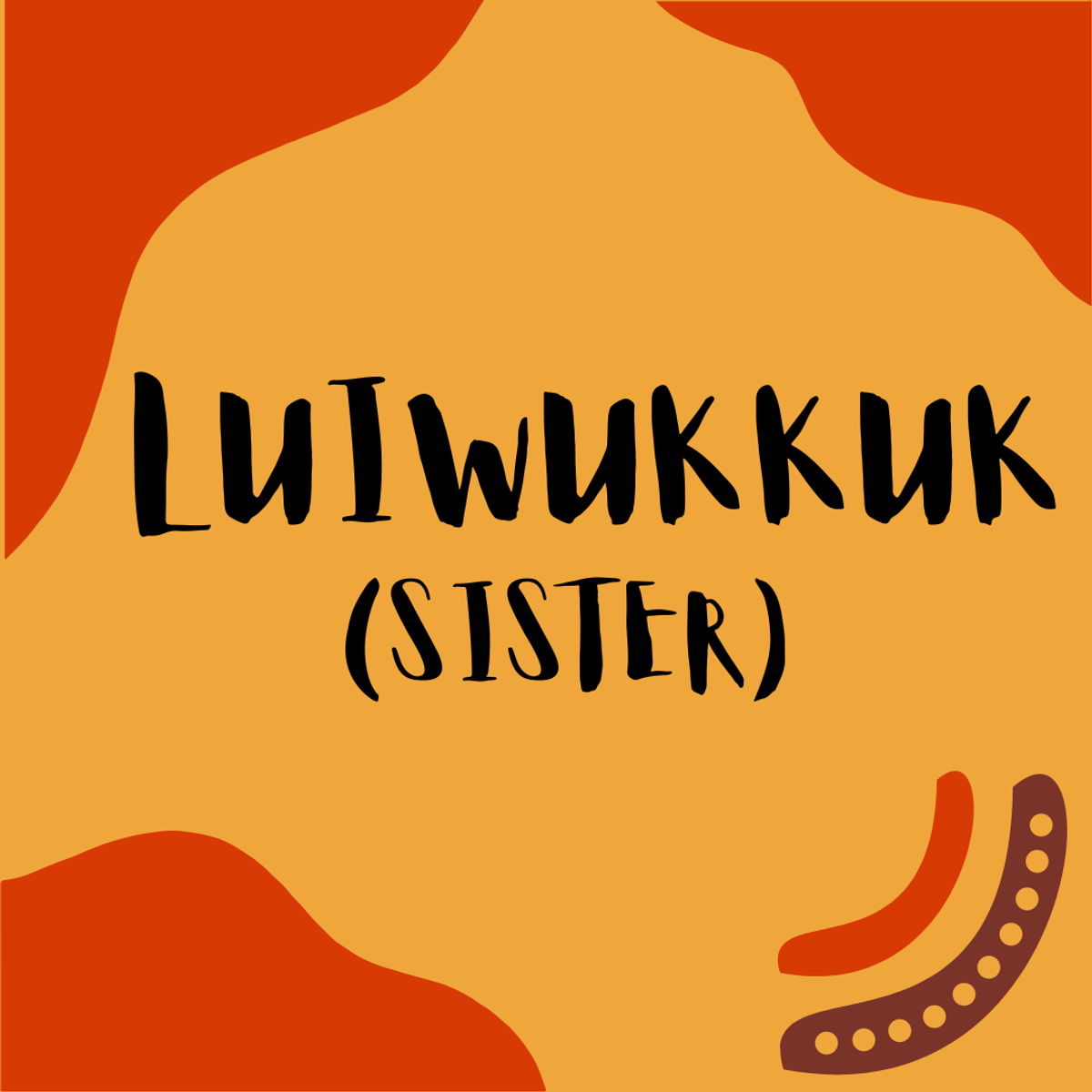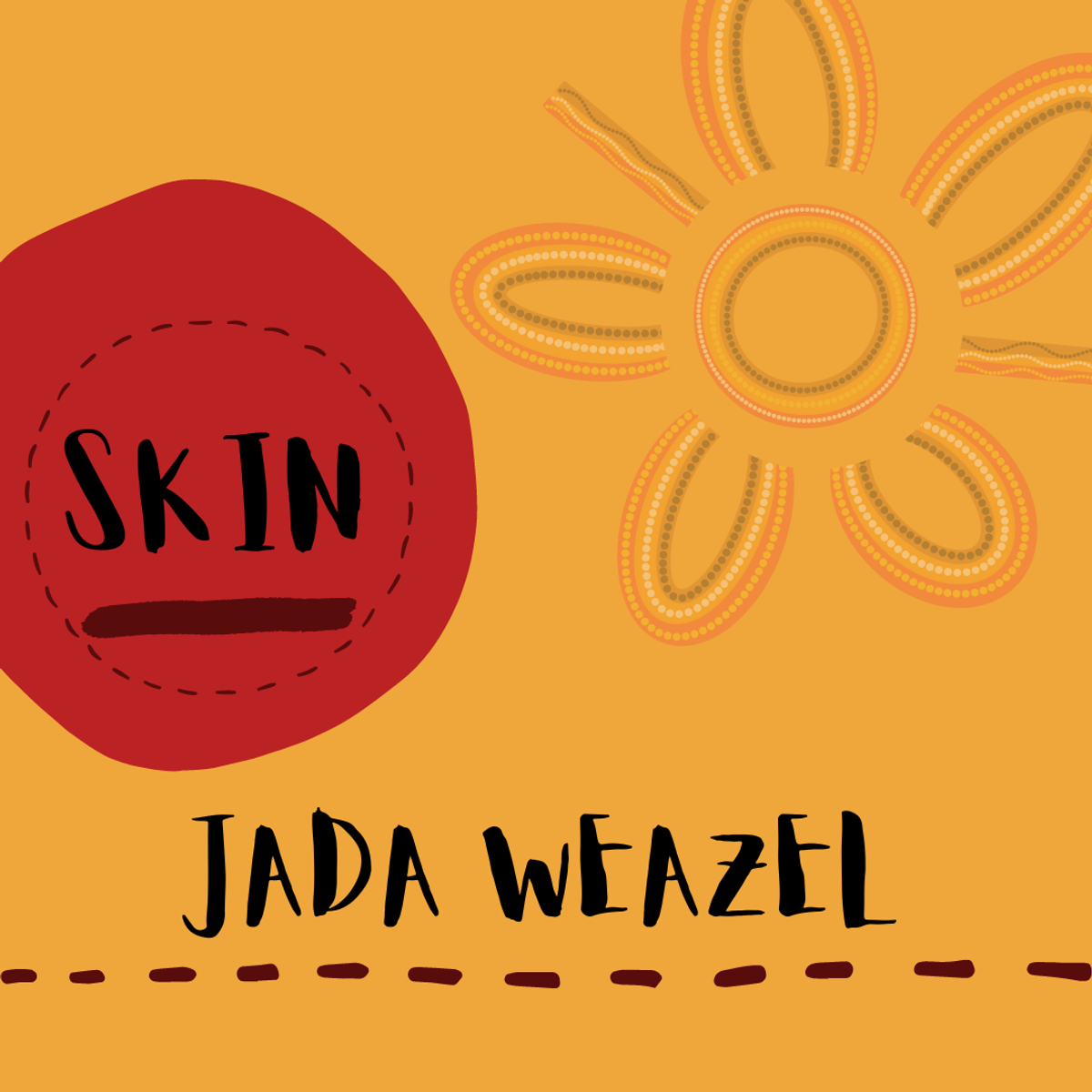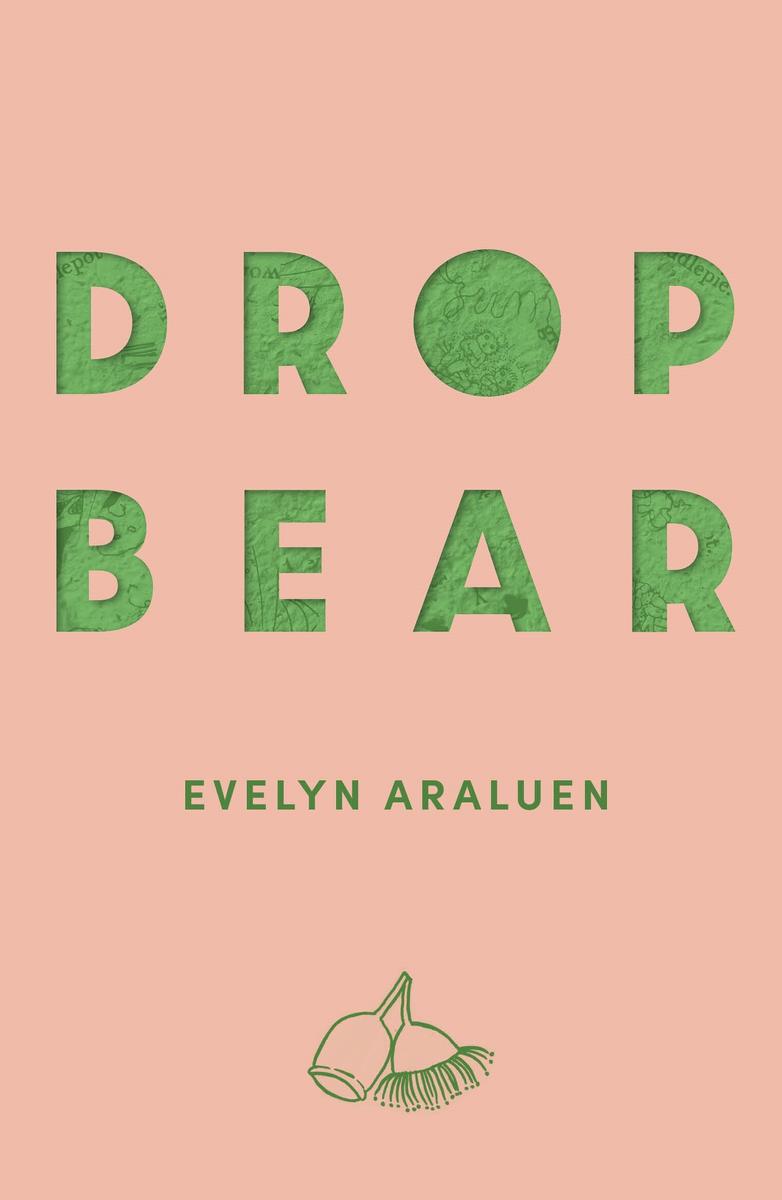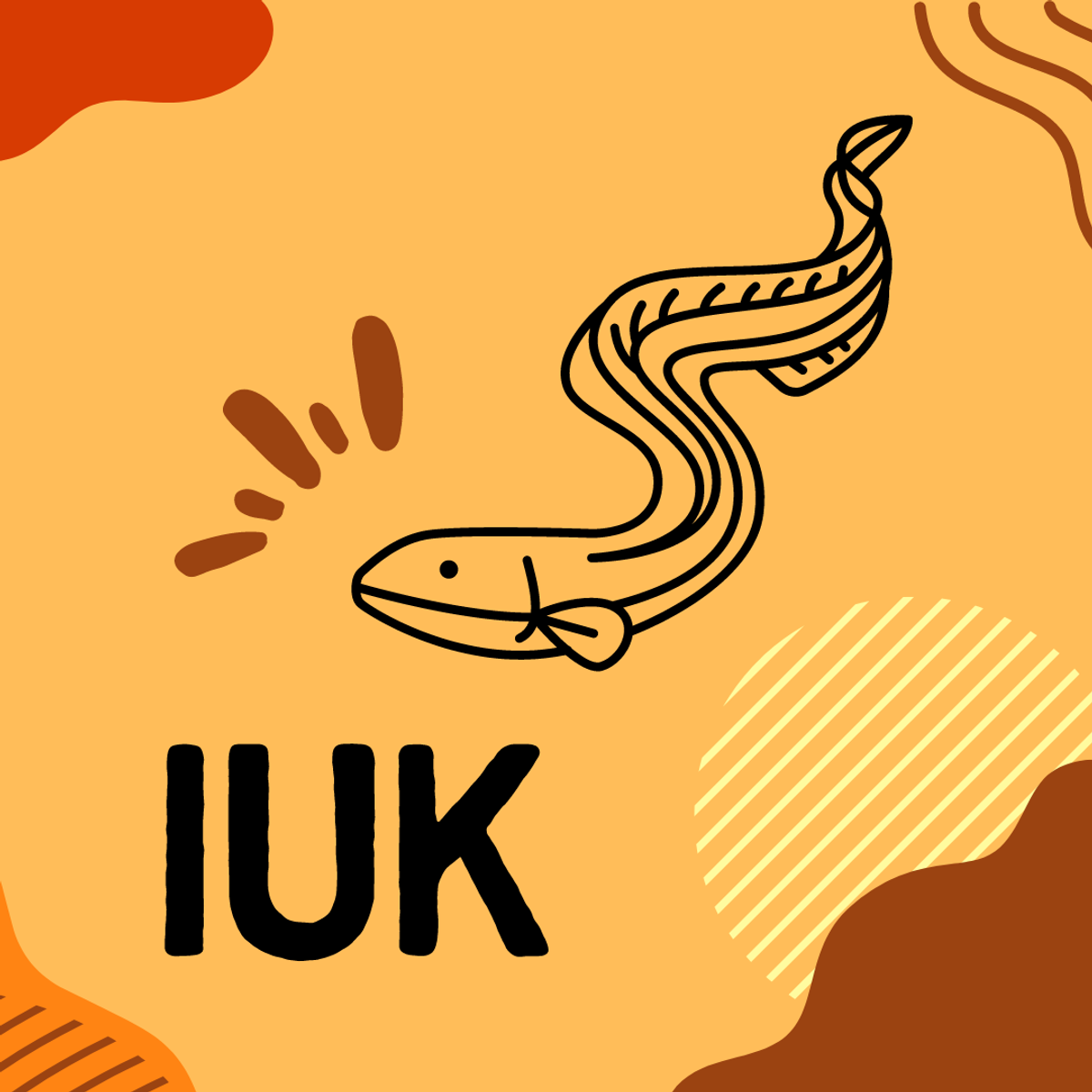Marrung News

Women’s History Month
During the month of March we celebrate ‘Women’s History Month’ with this year’s theme being ‘Women Who Advocate for Equality, Diversity and Inclusion’.
We would like to acknowledge the resilience, strength and contributions of all First Nations women throughout history and in the present day who have faced great inequality and exclusion, and who are actively working to improve and help shape the lives of First Nations women and girls. We recognise the many roles that First Nations women have played as healers, educators, protectors of the land, and advocates for justice, and extend our deepest gratitude to all the mothers (baban), daughters, sisters (luiwurruk), grandmothers and aunties who are demonstrating leadership in carrying the history and wisdom of their ancestors forward.
With determination and courage in the face of the historical injustices, colonialism and ongoing adversity, we draw inspiration from First Nations women this Women’s History Month to learn from their experiences and continue the fight for equality, equity and respect for all peoples, and work together towards a future of dignity and justice.
We would like to highlight and honour the importance of some of the amazing First Nations women inspiring the next generation of Koorie learners in our College:
Ash Barty is a member of the Ngarigo people and a sporting superstar. Retired from tennis since 2022, Barty was the second Australian tennis player to be ranked No. 1 in world singles for women. Ash holds three Grand Slam singles championships from both Wimbledon and the Australian Open. Excitingly, she has now moved her sporting career to focus on golf.
Barty found out about her indigenous heritage at the age of seven from her dad Rob, who traced back their family history to Ash’s great-great grandmother. As Ash is in the public eye and a First Nations woman, she has experienced racism from Australian society. Despite the discrimination, Barty proudly holds the title of Tennis Australia’s First Nations Tennis Ambassador, and has a passion for working alongside First Nations youth to cultivate their love for tennis and connection to culture, continuing the important work of her mentors, Kuku Yalanji woman Cathy Freeman, and Wiradjuri woman, Evonne Goolagong Cawley.
Mi-Kaisha Masella is a proud Darumbal Tongan woman, a singer/songwriter and a social justice advocate. Mi-Kaisha uses her music as a tool to highlight and engage with issues affecting Indigenous Australians and empowering young black women and First Nations people. Mi-Kaisha’s music is heavily influenced by her mob, culture and religion, fusing hip-hop and gospel styles.
Mi-Kaisha’s advocacy work is significant. She is a Youth Ambassador for both Culture is Life, which focusses on preventing youth suicide and preserving Indigenous culture; and Justice Reinvestment, who aims to reduce incarceration rates and domestic violence amongst First Nations communities. She is seen on television programs on the ABC, SBS, or NITV speaking on the importance of financial security in Indigenous youth, and against racism,. Her activism approach encapsulates the breaking down of barriers and building of resilience through collective responsibility towards reconciliation.
Woiwurrung Word of the Week
If you want to learn more about the Woiwurrung language local to our area, or other languages spoken by First Australians, please check out the 50 Words Project website:
https://50words.online/languages
The 50 Words Project is led by the Research Unit for Indigenous Language at the University of Melbourne, and funded by the Duncan Leary Trust for Australian Indigenous Languages, with all words, audio, and video recordings provided by language speakers and included on the website with permission. Australian Indigenous languages have many thousands of words, and this project aims to provide fifty words in Indigenous languages of Australia, with accompanying audio to support pronunciation. The interactive map is intended to be a useful resource for schools and educational organisations to learn 50 words in their local languages, and for the general public to discover the diversity of languages around Australia. For the best experience, the map should be viewed on a computer or tablet.
Deadly Beats
We understand that song and dance are important aspects of Aboriginal culture and identity, used in storytelling and ceremony for tens of thousands of years, and so hope to use this platform to share some of the Aboriginal and Torres Strait musicians we admire most.
Jada Weazel was born and raised in the Indigenous community of Woorabinda, and is now based in Naarm. The song Skin is part of Jada’s debut project NO PEACE, which explores the notion of change in her life.
Indigenous Reads
Evelyn Araluen, author of Dropbear, was raised on Dharug country and is a descendent of the Bundjalung Nation. This collection of poetry examines the intricacy of colonisation. It speaks to its history, present context, and also the hope for a decolonised future. The book is available at the Wantirna College library – speak to one of the librarians to pick up a copy.
Seasons Changing
Like you, we are starting to feel the seasons shifting. Around our school, we have observed the leaves changing colour and falling to the earth, our days becoming shorter and darker with a later sunrise and earlier sunset, and the weather growing much cooler as we begin to prepare ourselves for the colder months ahead.
Wurundjeri Country experiences seven different seasons throughout the year, being:
- Biderap, Dry Season (Jan-Feb)
- Iuk, Eel Season (Mar)
- Waring, Wombat Season (Apr – Jul)
- Guling, Orchid Season (Aug)
- Poorneet, Tadpole Season (Sep – Oct)
- Buarth Gurru, Grass Flowering Season (Nov)
- Garrawang, Kangaroo-Apple Season (Dec)
We are currently in Iuk Season. During this time the short-finned eels in the muddier Yarra River begin their migration downstream towards the sea. Eels are essential to Wurundjeri society as they are both a food source and a sacred, spiritual protector. We invite you to spend the upcoming school holiday period slowing down to observe the changes occurring in our natural world as we slowly transition into the upcoming Waring season, and look forward to seeing you all back again next term.
Support Services
Please download the attachment for Knox Network/Victorian Indigenous Support Services and don't hesitate to contact us for further information.
Ashleigh Bibby
Leader of Wellbeing
Nick Elliott
Marrung Leading Teacher




